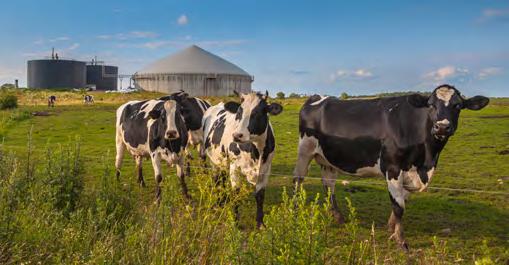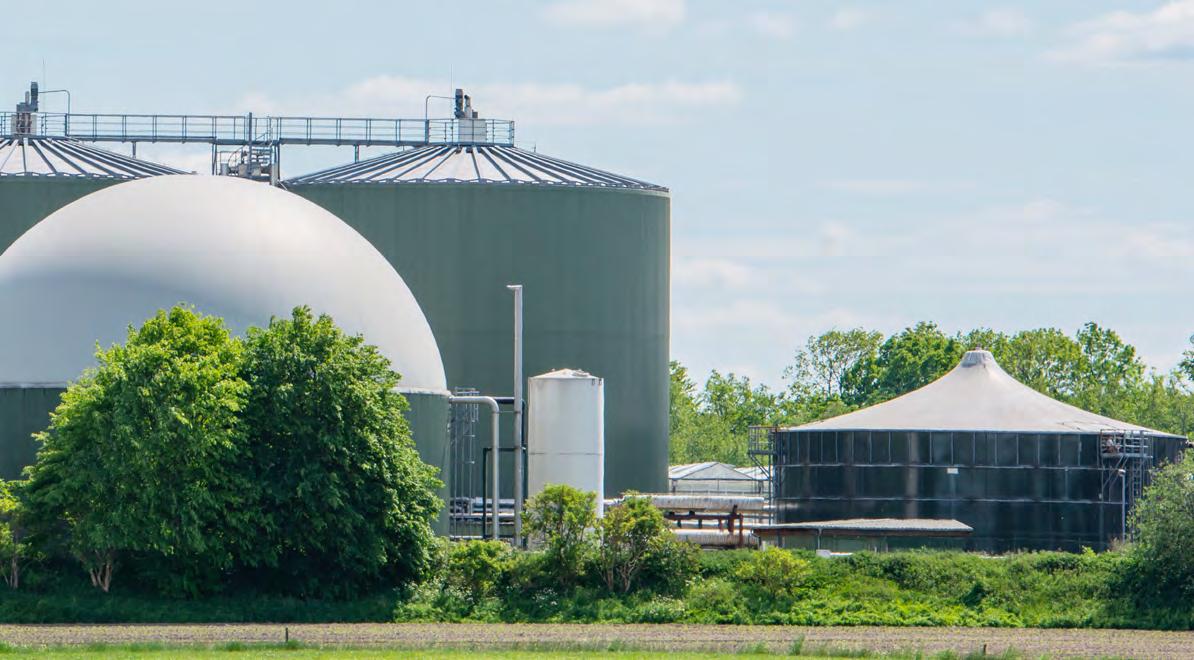
1 minute read
A MULTITUDE OF OPPORTUNITIES
If the SDP pathways are progressed, South Africa stands to significantly reduce rural energy poverty and urban organic waste to landfill, while boosting employment and business opportunities.
The size of the sector is estimated to be 21 000 units initially; the maximum annual demand is a potential 54 000 units. Based on this annual market size, it could create at least 17 000 jobs and divert 150 MW of electricity per day from less clean and green energy sources, including firewood and charcoal.
Advertisement
The SDP focuses on expanding an existing micro-digester market in rural areas by persuading households to stop using firewood for cooking. However, micro-digesters are a multi-modal solution, providing not just cleaner cooking fuel, but also an organic-waste solution and fertiliser for farming and gardening.
As such they have huge potential for urban environments – a market in which micro-digesters had not been promoted up to now. The solution is particularly pertinent for metropolitan municipalities that are introducing organic-waste-to-landfill regulations, such as the City of Cape Town.
Micro-digesters have traditionally been promoted as an owner-operated venture. However, the research that informed the SDP revealed substantial operating and maintenance challenges. The plan therefore promotes the creation of organisations (community based or private company) that will operate and maintain micro-digesters. In addition to creating jobs, these organisations can upskill significant numbers of young people and women who are currently excluded from the workforce.
In addressing the funding obstacle that has long prevented the development of the micro-digester sector, the SDP outlines actions required regarding business model, marketing and organisational innovation, as well as policy innovation to create facilitatory processes and systems. The latter includes working with government agencies to introduce grants for urban-farming collectives, food establishments and property developers to purchase micro-digesters, and the design of schemes to finance operating and maintenance costs. In all instances, the intention is to create demand and stimulate the market to obviate the need for donor or government funding.
Following a validation workshop in March 2022, the SDP was launched in April last year. The SDP management committee continues to review implementation progress against the plan’s monitoring and evaluation framework.











